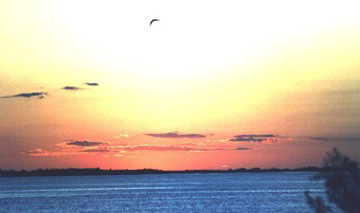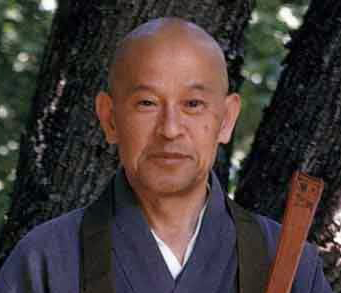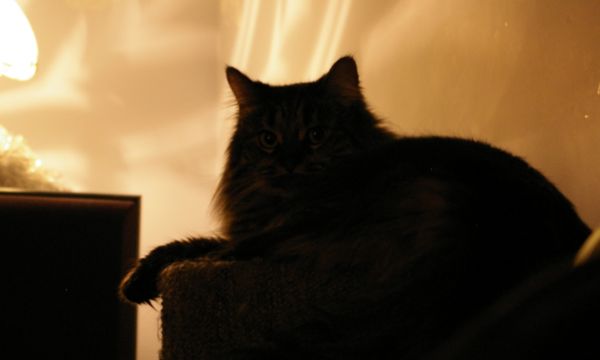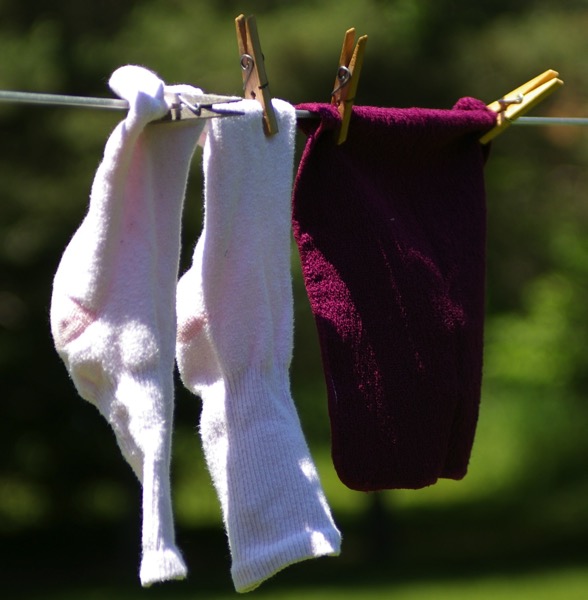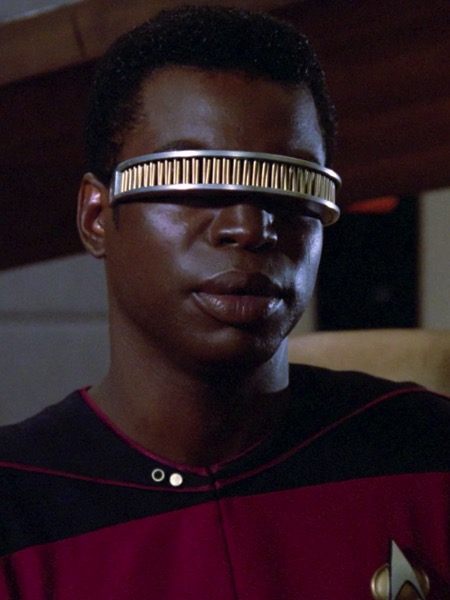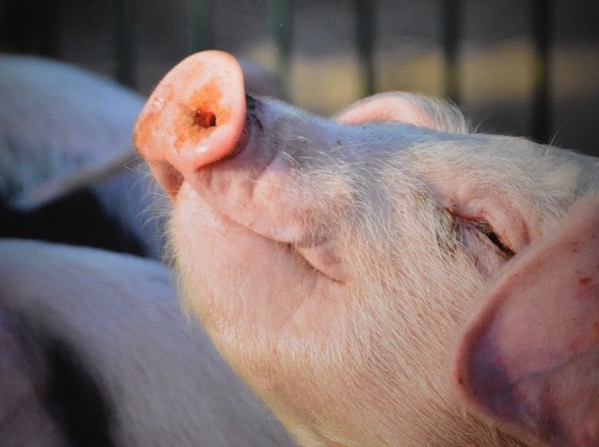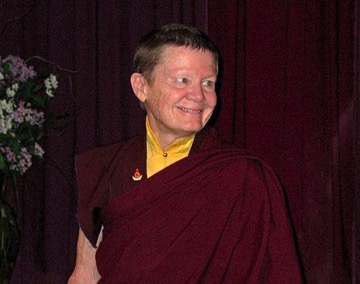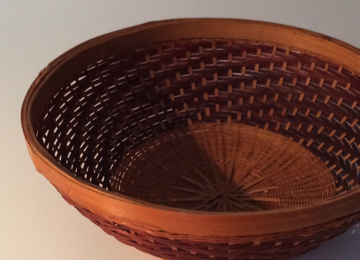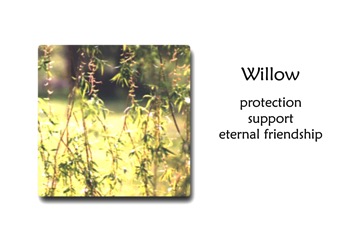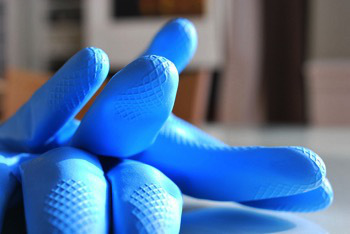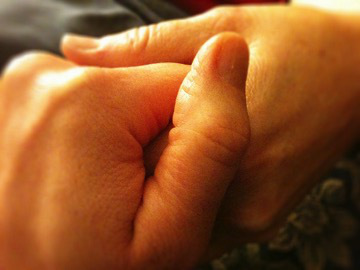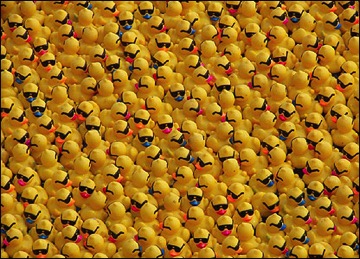
Whenever I have a significant dream, I head to my personal 'symbols' dictionary. I like to find meaning in things. I love synchronicity, and like to look for symbols and patterns in the world around me.
Some years back, a friend told me I was reading too much into the symbols and patterns in my life. He said, "If it looks like a duck, and walks like a duck, and quacks like a duck, it's probably just a duck." Maybe. Maybe not.
When I get ants in my kitchen, I ask myself "what is bugging me?" Right around the same time as the infestation clears, so does the issue that was bugging me. Maybe they are coincidental. Maybe I am making something of nothing. But making the correlation itself satisfies me, whether it is right or wrong.
A lot of the symbols I see do have clear and actionable meaning. For years I had recurring dreams where I'd lose my wallet or purse. I'd get frantic in the dream trying to find it. One day I noticed that the "creator" energy was coming up in my daily readings at the same times as these dreams. This energy is all about losing my identification with an earlier self. Losing my ID. Maybe these lost purse dreams were not about the money but about the ID. Sure enough, when I next had the dream I was lucid enough to suggest to the Janet in the dream that this wasn't a cause for concern, but just a change in my role in life. My dream self relaxed, and the dreams vanished until the next strong change of role in my life came along.
Recurring dreams about school served the same kind of purpose. I started by not finding the school. Then in the next, I got there, but couldn't find out where to register. I was stuck in that dream many times. Then it moved ahead to getting registered but being late for class, and therefore being afraid I'd fail due to lack of attendance. This one stuck around for a while too. Then I was on time, but couldn't find the classroom. These were all really, really frustrating during the dreaming process. There was a lot of fear and anxiety involved. But when I finally found the classroom, and on time, the teacher looked at me and said, "You don't have to be here, you already know this," and I was released from the struggle.
I can see a lot of meaning in that, but aside from the meaning, the simple fact that my dreaming self was making progress was reassuring. As was the fact that my dreaming self could feel a lot of the distress so I didn't have to while awake.
Often my dream symbols are literal and related closely to language and metaphor. Losing my ID = a change in role. Going to school = a search for knowledge or understanding. If a wall is coming down in a dream then there is likely a "wall coming down" or a barrier dropping in my waking world. Being in the driver's seat in a dream = "being in the driver's seat," the one in control.
I get bug dreams too. And the ones in the dreams can be horrifying. But when I wake after a bug dream, I record it quickly to see exactly what I remember happening. How big they are, how many, how I felt at the time. The literal sequence and the language can be more relevant than the action that takes place. When I see bugs in the rafters of my house the symbolism is meaningful to me. A building = my self. My childhood home = my younger self. Bugs in the rafters = something in my mental state or mind or head, or beliefs that is bugging me. In a recent dream, they were too big to eradicate, so the best solution, the experts told me in the dream, was to take a vacation or get some distance from them. It made perfect sense, waking or sleeping.
I started my own dream dictionary when most of the dream dictionaries on the market failed my needs. When a bear appears in one of my dreams, I can be pretty sure it's about fear. That's not what the dream dictionary says; it talks about Mother Earth, or healing totems or other such stuff. Not in my world. In my world it's fear, plain and simple, because the symbol came alive for me on a camping trip when I was a young woman and had an "OMG that's a BEAR outside our tent!" experience.
Over time the meaning of a symbol may get more clear and I can get closer to the heart of things.
When I waken from a dream and just KNOW it's important, I jot it down and hope its meaning becomes clear one day. When a dream recurs, then I figure I'm working to make some progress on an issue. I may not know what it means at the time, but understanding may come later.
My last bug dream was important. After speaking with the experts in the dream, I came across the 'mother' bug and instead of feeling horror, disgust or fear, oddly, I felt a deep affection for her. This was unexpected. Yet, loving the bug in the dream hastened my ability to be okay with what was bugging me in my waking life. Who knew a bug dream could be a healing dream?
Sometimes I have a recurring symbol in a dream, and if I have time, I'll search back through my dream file to see where I'd seen it before. If I'm lucky, I discover a similarity, and maybe even a word or phrase that seems present in them all. Ahhhh. That's what shoes are all about!
When I get the "thunderbolt" card several days over a week in my daily readings, and at the same time see deer in the yard, I know that change is in the air, strongly. To move in harmony with that, if I have an urge to reorganize my desk, I'd be wise to reorganize my desk.
When my purse got caught on the doorknob on the way out to buy ice cream, I wondered if it was life's way of showing me how conflicted I was about it. Maybe the new me didn't need that ice cream. But if I remember right, I got the ice cream anyhow, because, well, ice cream.
When contemplating a possible future while drinking coffee one afternoon, the sip of coffee got as far as the back of my mouth and wouldn't go farther. I literally 'couldn't swallow it.'
Sometimes though, if it looks like a duck, it may be just a duck. In my dream notes one morning I wrote, "Weird dreams all night about some sort of electrical wiring or container. This went on much of the night. Woke with headache. Wondered if the dreams were related to the neurology of the headache. But then again, maybe I just drank too much coffee yesterday."
But then, maybe not. The card I got this morning in my Sunny Day was "The Dream." In the context of tarot it can be about moving away from some notion of obligation or emotional responsibility. I wondered what might come up later in the day to relate to that. But when I looked at it again, and saw what I was typing here in this article, I laughed out loud. That's no duck.
First published December 2015 in my free monthly email newsletter, Starry Night. Sign up here.



